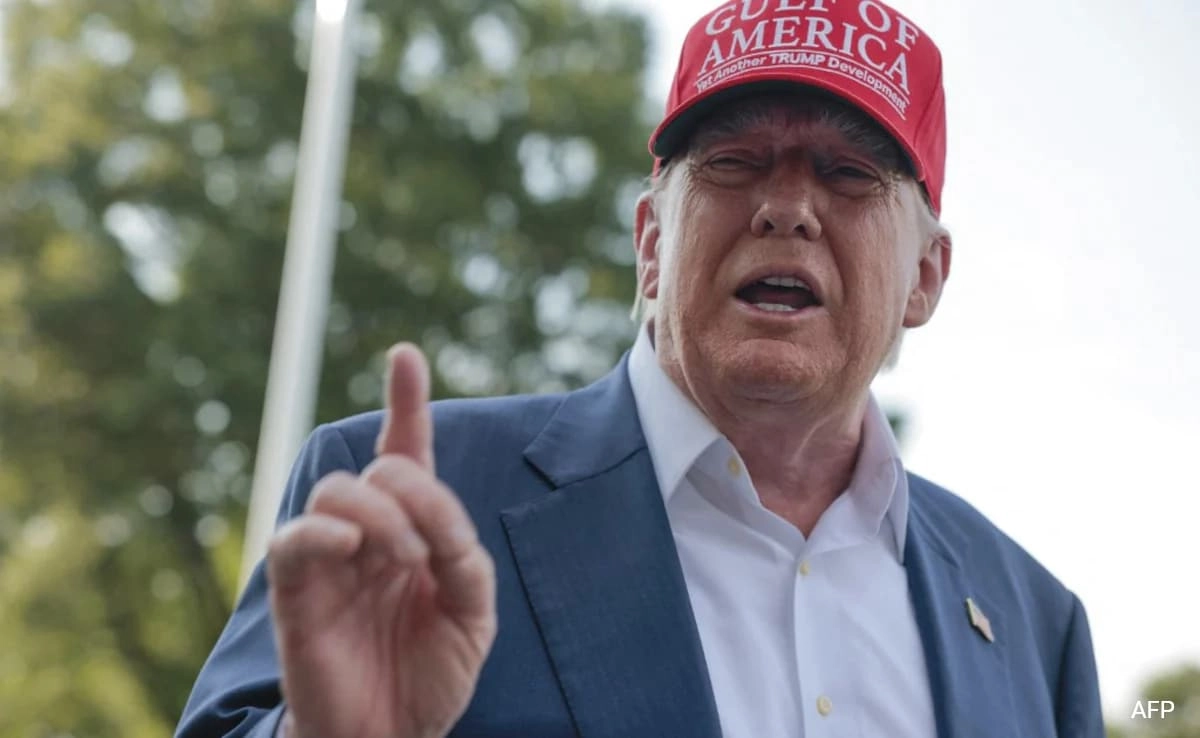In a significant move that has drawn considerable attention in both domestic and international markets, former President Donald Trump announced that the United States plans to impose a hefty 50% tariff on imports from Brazil. This declaration comes amidst ongoing tensions surrounding trade practices and economic policies, which have been a hallmark of Trump’s approach during his previous tenure in office. The proposed tariff is expected to impact a wide range of goods, potentially altering the dynamics of trade between the two nations and sparking responses from Brazilian officials.
Trump’s announcement appears to be part of a broader strategy aimed at addressing what he characterizes as unfair trade practices by foreign nations. By targeting Brazil, a key partner in South America, Trump is sending a clear message about the U.S. commitment to prioritizing domestic interests and protecting American industries from foreign competition. Critics, however, argue that such a drastic measure could result in retaliatory tariffs from Brazil, potentially escalating trade tensions and harming both economies in the process. The implications of this tariff could extend beyond immediate economic effects, influencing diplomatic relations and regional partnerships as well.
The announcement has elicited mixed reactions from various stakeholders. Supporters of the tariff argue that it is a necessary step to level the playing field for American manufacturers, who have long contended that they face an uphill battle against cheaper imports. Conversely, opponents raise concerns about the potential for increased prices for consumers and the risk of job losses in industries reliant on imported goods. Additionally, farmers and agricultural exporters, who rely heavily on trade with Brazil, may find themselves caught in the crossfire of escalating tariffs, jeopardizing their livelihoods and market access.
As the situation unfolds, it will be crucial to monitor the reactions from both the Brazilian government and the international community. Brazil’s response could include negotiating terms to mitigate the impact of the tariffs or retaliating with its own measures. The future of U.S.-Brazil relations hangs in the balance, and the outcome may set a precedent for how trade disputes are managed in an increasingly interconnected global economy. This development adds another layer of complexity to an already intricate geopolitical landscape, highlighting the delicate balance between protecting national interests and fostering international cooperation.




